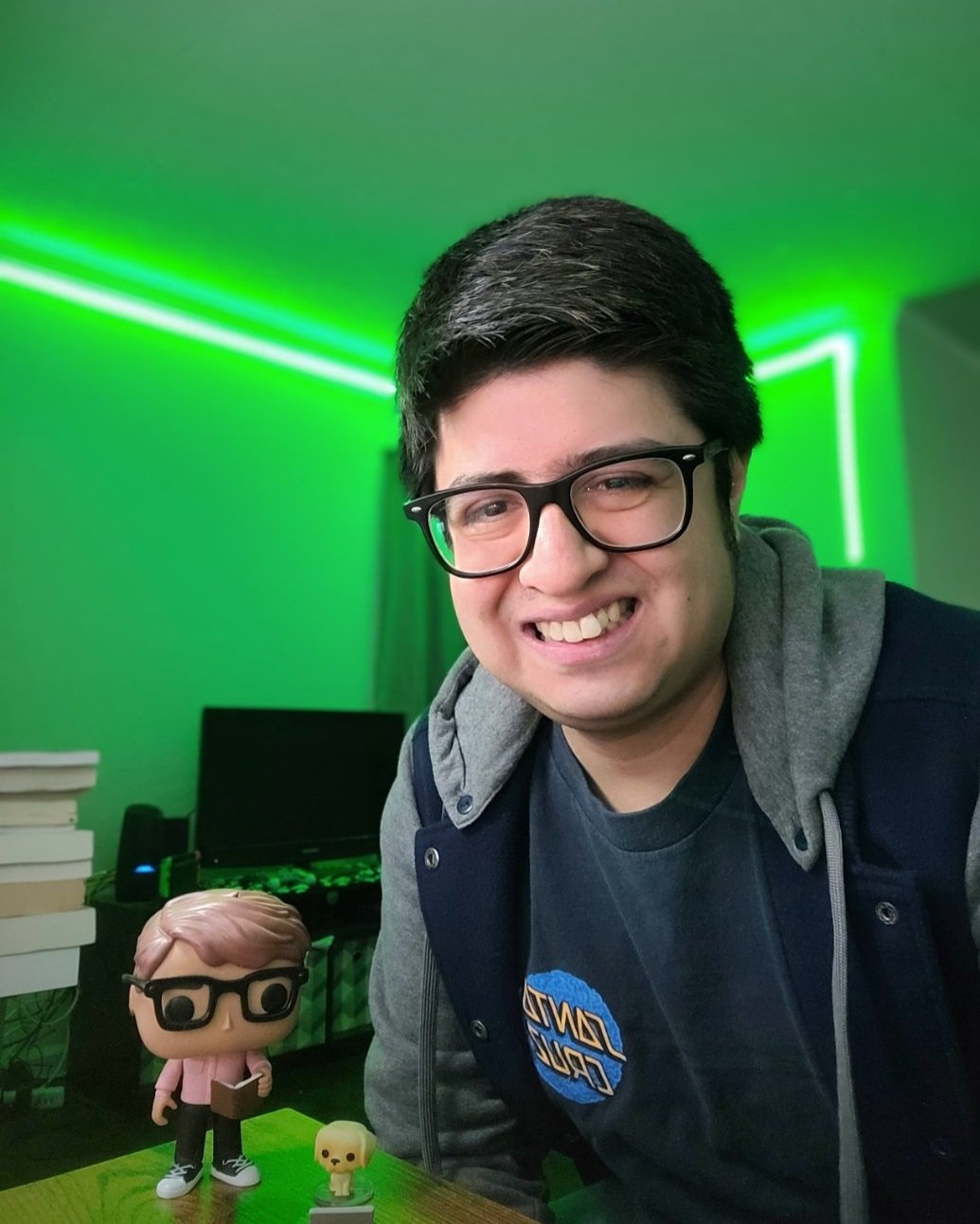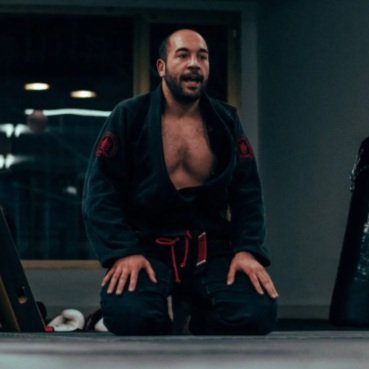Q: What is your dream writing project? What are you most excited about now?
I have a lot of dream writing projects. I’m constantly at work on something. I moved to Los Angeles a few years ago to continue my writing career, and I’m glad I did. I’ve met so many like-minded creatives who I have connected with and motivate me to keep going. Naturally being in LA, I have been working on a few screenplays, one of which has a lot of potential. I am also currently at work on a new novel about generational trauma. I’m hoping to have a good draft done by the end of the year, but we’ll see. But to come back to your question, I don’t think I have one specific dream project. One of the best things about being a creative person is challenging yourself with every new idea. You never know which idea is your magnum opus until the very end. So every new idea excites you more than the last one. I have too many ideas in my head to give up on. My dream is to fill up one bookshelf with my published works, a combination of my poems, stories, novels, essays, screenplays, etc. Just one shelf. If I can do that, I can die happy.
Q: What do you think people misunderstand about depression, anxiety, and/or bipolar disorder?
A lot, actually. Having a mental illness is having an invisible illness; you cannot clearly see it. Thus, one can imagine the characteristics of it to be part of one’s personality. A person is not their mental illness, and we have a pseudo-scientific self-help mentality within American culture based solely on individualism. It is a culture that both shames people for having a mental illness and even jokes about it to someone’s face. While talking about mental illness is no longer a stigma, the language we use for it has entered pop culture and delegitimizes the severity of the illness. It’s not funny to joke about being “so bipolar today.” There is no break from a real bipolar disorder. It’s not just one day you feel your mood shift uncontrollably. It is every day. You cannot self-help your way out of deep despair. You can read all the positivity books on self-improvement all you want. But real depression is the positivity not reaching you. It is all logic thrown out the window. It is you imagining your existence is unnecessary, that the world will move on. It is the invisible fire burning you alive from the inside that there is no saving you. And it’s hard to be vulnerable about it because our culture does not value vulnerability. It values a facade of strength. But true strength is in being open with your vulnerability. That you need help. That you need a hug. That you just have to call out of work today because everything is overwhelming and nothing feels right. And you know what? You deserve that damn hug.
Q: How do you think social media influences mental health? Overall is it for the good, bad, or both?
Mental illness on social media is a very nuanced conversation that has unfortunately never been accurately discussed. Social media is a tool. Tools are themselves neither good nor bad. There is no fail-safe tool because it will suffer the same weakness every tool has: its user. Social media is a community, and communities can both help and fail you. When I was first diagnosed with bipolar disorder, I withdrew from my friends and community. I did not want to talk about what I was going through. I felt too ashamed. But one day I opened up on social media. And of all places, that’s where I received the most support. Even old friends reached out to reconnect with me after reading my posts. Granted, this is not everyone’s experience with social media. There are too many cases where social media becomes incredibly harmful to one’s self-esteem. But I believe our culture as a whole is at fault. I am answering this interview right now as genuinely as possible in the hopes that someone with a mental illness will read this and feel less alone and more validated, and this interview itself will be shared on social media. There will be those who will never understand. But that’s what’s so interesting about communities. You aren’t obligated to stay with the wrong ones. You have the right to build communities that will validate you and make you feel safer and more understood. Not everyone will understand you. Some will even attack you. But reach out anyway. You’re doing your best. That is enough.
Christopher Soriano-Palma was born and raised in Watsonville, CA. He graduated with an MFA in Writing from the University of San Francisco and currently lives in Los Angeles. Currently at work on several screenplays and novels, Christopher’s work includes the themes of depression, anxiety, and bipolar disorder. His mission to help people feel less alone by helping them share their vulnerability.



